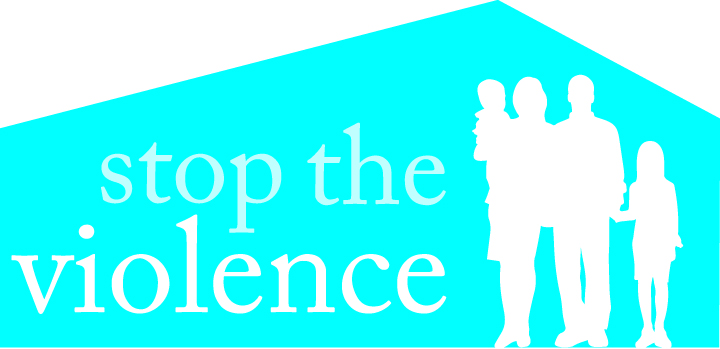Alyssa Ridenour
reporter@greenepublishing.com
When people think of abuse, their mind tends to go to physical abuse. However, there are many other types of abuse as well, such as emotional, psychological and cultural abuse, to name just a few. Dictionary.com defines abuse in a few different ways:
• “to treat in a harmful, injurious or offensive way.”
• “to speak insultingly, harshly and unjustly.”
• “to deceive or mislead.”
Of 12 different definitions, the above listed are just the tip of the iceberg. Many people refer to emotionally and psychologically abusive relationships as “toxic,” which in a sense, takes away the extreme connotation of abuse. It is also important to note that an abusive relationship does not refer solely to a partner. A relationship can refer to family members, friends and even employers and is defined simply as “a connection, association or involvement.”
It is estimated that around 20 percent of all marriages and relationships are physically abusive. About 41 percent of women in a relationship have reported emotional abuse.
After breaking free of an abusive relationship, an individual may face some long-term psychological effects such as depression, anxiety and post-traumatic stress disorder (PTSD). On that note, there are some signs of mental health concerns that a survivor of abuse may want to watch out for:
Anxiety:
• Excessive worrying.
• Agitation.
• An unexplained and usually sudden increase in heart rate.
• Restlessness.
• Fatigue.
• Difficulty concentrating.
• Muscle tension.
• Difficulty falling and/or staying asleep.
• Panic attacks (which can manifest as an overwhelming sensation of fear, accompanied by a racing heartbeat, shortness of breath and nausea).
Depression:
• Difficulty concentrating.
• Fatigue.
• Pessimism.
• Insomnia.
• Irritability.
• Restlessness.
• Loss of interest in things previously enjoyed.
• Overeating.
• Loss of appetite.
• Headaches.
• Cramps.
• Persistent feelings of sadness and/or emptiness.
• Suicidal thoughts.
• Lack of motivation.
PTSD:
• Agitation.
• Irritability.
• Hostility.
• Hyper-vigilance.
• Self-destructive behavior.
• Social isolation.
• Guilt.
• Loneliness.
• Insomnia.
• Nightmares.
• Emotional detachment.
• Unwanted thoughts.
• Flashbacks.
The psychological after-effects of abuse can be difficult to deal with. Many survivors go through a denial phase before they accept what has happened to them. People also tend to act like they are okay and refuse to seek help. However, this is not a habit to get into. After surviving an abusive relationship, get help immediately. There are numerous resources available for helping survivors take back their life and learn to stand on their own two feet again. Listed below are some resources to help:
• National Suicide Prevention Hotline: (800) 273-8255
• National Domestic Violence Hotline: (800) 799-7233
• National Child Abuse Hotline: (800) 422-4453
• National Coalition for the Homeless: (202) 737-6444
• National Resource Center on Domestic Violence: (800) 537-2238
• National Center on Domestic Violence, Trauma and Mental Health: (312) 726-7020 ext. 2011

